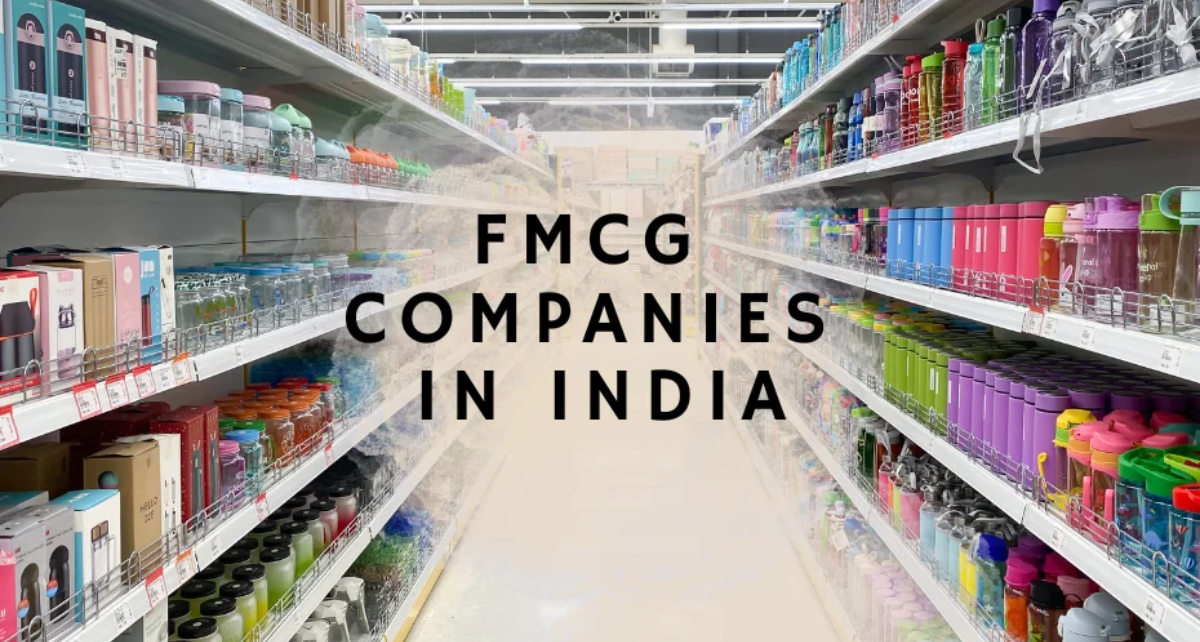The FMCG sector in India is one of the largest and fastest-growing industries in the country. FMCG products are those daily-use items, ranging from packaged food, beverages, and personal care to household items. The exponential growth that FMCG companies have experienced in recent years can be directly attributed to the massive population and increasing disposable income of Indians.
This blog provides comprehensive insights into the best FMCGs in India, their contribution, and how they have shaped the country’s economy.
What is the FMCG Sector?
The FMCG sector refers to the production, distribution, and marketing of consumer-packaged goods. These include products that people use daily or regularly, thus possessing high demand with low margins.
Some examples of FMCG include:
- Food and Beverages: Snacks, soft drinks, packaged foods.
- Personal Care Products: Soap, shampoo, toothpaste.
- Household Items: Cleaning agents, detergents.
Overview of the FMCG Sector in India
One of the largest and most dynamic sectors is the Fast-Moving Consumer Goods (FMCG) sector, which is marked by a very high product turnover rate. The companies in this sector include Hindustan Unilever, ITC, Nestlé India, and many others. These companies provide a range of products that cater to all needs of the Indian population-from personal care products to food and beverages.
This sector has seen significant growth in 2025. Increased urbanization, higher disposable incomes, and increased health consciousness have added to the boom. The sector also saw a growing demand for branded and packaged products due to their convenience and assurance of quality. E-commerce sites like kiko, amazon, Flipkart etc. expanded and brought more people into reach, even for FMCG, especially because these goods are unavailable in remote locations.
The FMCG sector is evolving, and the growth in sustainability and eco-friendly products is one such trend. Companies spend a lot of money on sustainable practices, such as reducing plastic usage and improving supply chain efficiencies. Another area of innovation is in the product offerings in the sector. There is an increase in demand for organic and natural products. This trend is, therefore, projected to change the face of India’s FMCG industry, making the industry more receptive to the fluctuating consumer base and environmental factors.
List of Top FMCG Companies in India in 2025 According to Market Cap
India’s fast-moving consumer goods (FMCG) sector is witnessing significant growth, fueled by rising consumer demand and changing lifestyles. As we look toward 2025, the top FMCG companies in India emerge as promising investment opportunities, characterized by a blend of well-established brands and innovative product offerings.
| Stock Name | Market Cap | P/E Ratio | EPS | 52 Week High | 52 Week Low |
| ITC Limited | 6,058,431,386,488.00 | 26.78 | 16.42 | 528.5 | 399.35 |
| Hindustan Unilever Limited (HUL) | 5,529,403,432,500.00 | 54.04 | 43.71 | 3,035.00 | 2,172.05 |
| Varun Beverages | 1,884,315,609,499.00 | 71.48 | 7.82 | 681.12 | 478.56 |
| Nestle India | 2,138,979,363,390.00 | 66.06 | 33.56 | 2,778.00 | 2,145.40 |
| Britannia Industries | 1,170,619,938,000.00 | 54.93 | 88.48 | 6,469.90 | 4,641.00 |
| Godrej Consumer Products Limited (GCPL) | 1,217,379,520,000.00 | – | -3.63 | 1,541.85 | 1,055.05 |
| Tata Consumer Products Limited | 943,288,780,955.00 | 79.95 | 11.91 | 1,253.69 | 882.9 |
| Marico Limited | 862,048,867,405.00 | 54.09 | 12.26 | 719.85 | 486.3 |
| Colgate-Palmolive (India) Limited | 732,185,235,200.00 | 49.85 | 54.01 | 3,890.00 | 2,378.90 |
| Procter & Gamble Hygiene and Health Care Ltd. | 478,887,875,112.00 | 70.84 | 208.32 | 17,745.00 | 14,405.55 |
Also Read: Edtech Companies in India | FinTech Companies in India | 30 Successful Startups of India
1. Hindustan Unilever Limited (HUL)
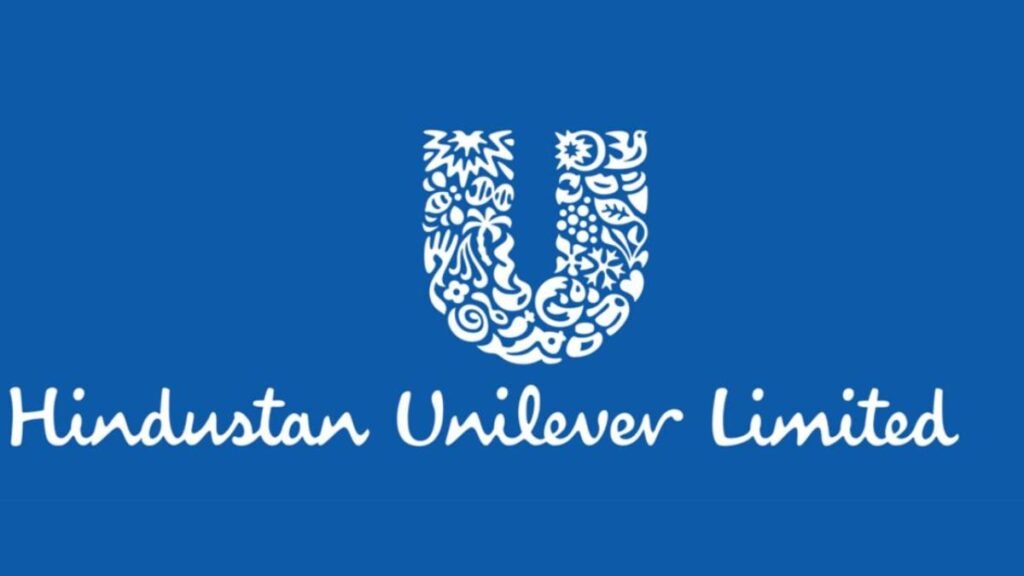
- Founded in: October 17, 1933
- CEO & MD: Rohit Jawa
Hindustan Unilever Limited (HUL), established in 1933, is India’s top FMCG company. It manages over 50 well-known brands across 16 categories, including food, personal care, and home care. HUL is recognized as a trusted household name in India.
Key Products:
- Personal Care: Lux, Dove, Lifebuoy, Sunsilk.
- Food & Beverages: Knorr, Kissan, Bru, Brooke Bond.
- Home Care: Surf Excel, Vim, Domex.
2. ITC Limited
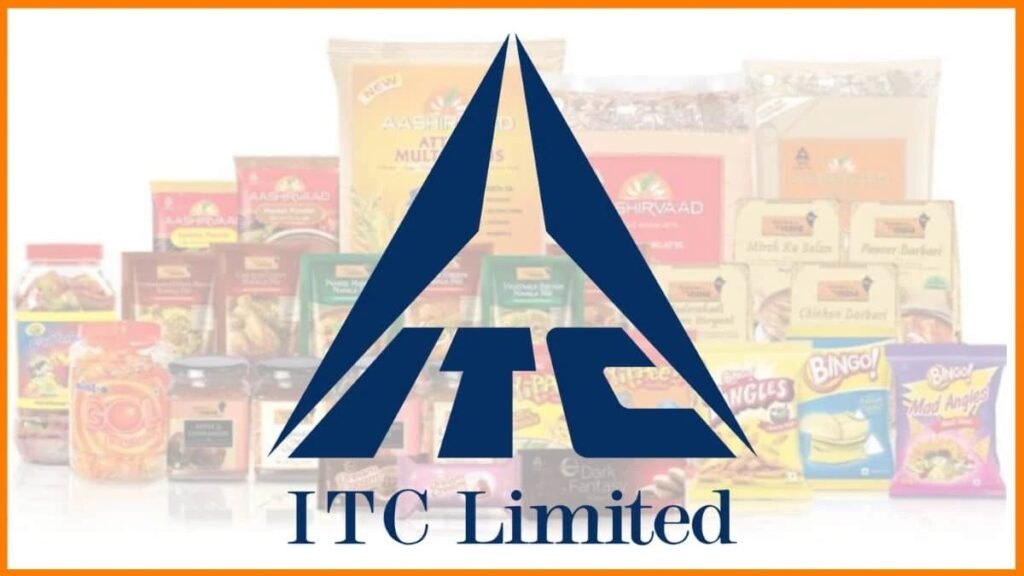
- Founded in: August 24, 1910
- CMD: Sanjiv Puri
ITC Limited, Founded in 1910, has evolved from a tobacco company into a diversified conglomerate with a presence in sectors like FMCG, hotels, paperboards and packaging, agri-business, and IT. This transformation showcases ITC’s commitment to innovation and sustainability, making it a significant player across various industries.
Key Products:
- Packaged Foods: Aashirvaad Atta, Sunfeast, Yippee! noodles.
- Personal Care: Fiama, Vivel, Savlon.
- Lifestyle Products: Wills, Classmate stationery.
3. Nestle India
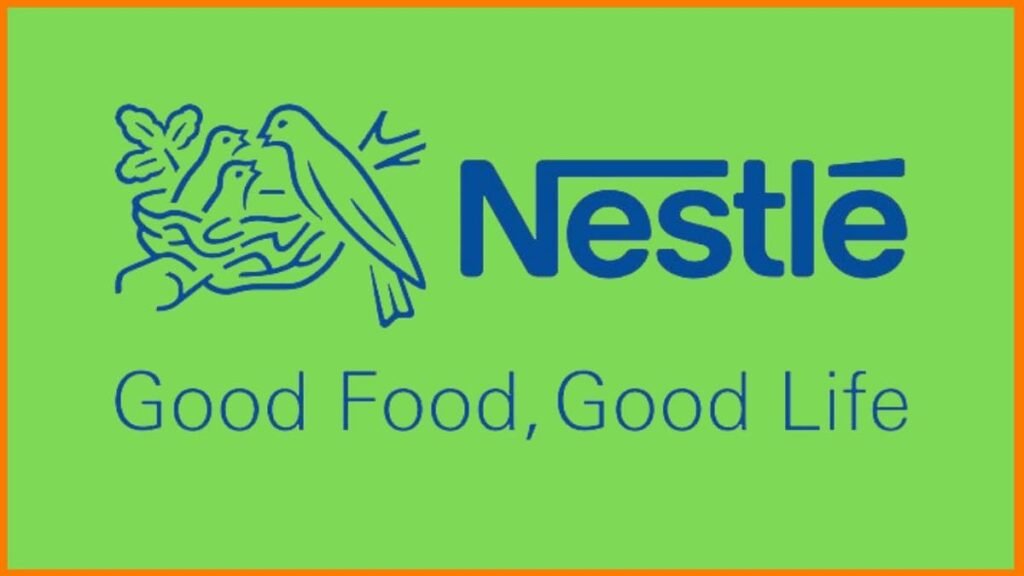
- Founded in: March 28, 1959
- CMD: Suresh Narayanan
Nestle India, a subsidiary of Swiss multinational Nestle S.A., has been a key player in the Indian food and beverage sector since 1961. Known for its wide range of products—including baby food, bottled water, breakfast cereals, coffee, confectionery, dairy, ice cream, and pet foods—it has become a trusted household brand across the country.
Key Products:
- Dairy & Nutrition: Nestlé Milk, Everyday.
- Snacks & Beverages: Maggi, KitKat, Nescafé.
- Infant Nutrition: Cerelac, Lactogen.
4. Britannia Industries
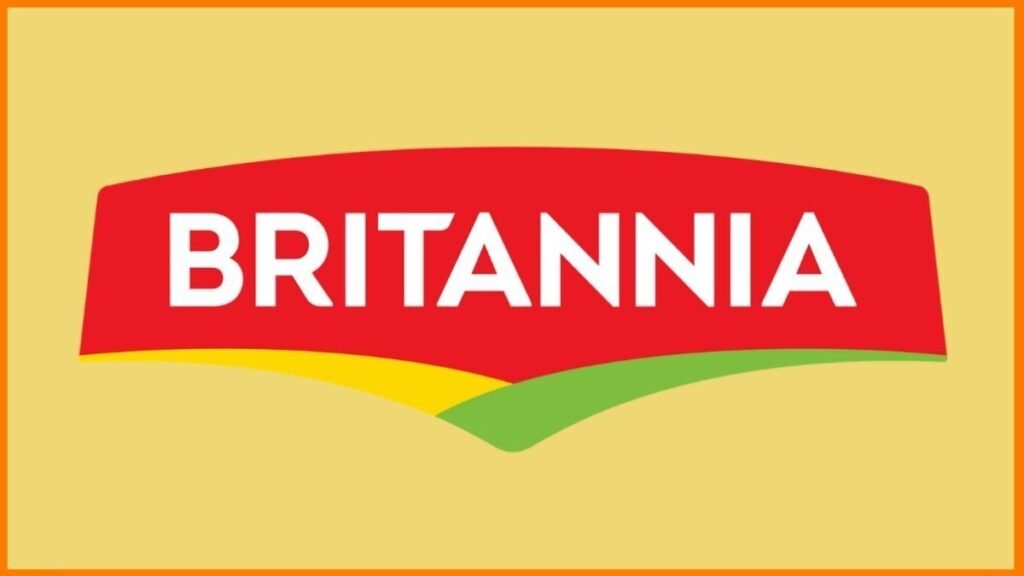
- Founded in: 1892
- CEO: Rajneet Singh Kohli
Britannia Industries, Founded in 1918 and headquartered in Kolkata, is a prominent player in the Indian food sector, particularly in the bakery and dairy markets. The company is renowned for its well-loved brands, including Good Day, Tiger, NutriChoice, and Marie Gold. With a strong reputation, Britannia’s products are trusted by millions of consumers in India and various international markets.
Key Products:
- Dairy & Nutrition: Nestlé Milk, Everyday.
- Snacks & Beverages: Maggi, KitKat, Nescafé.
- Infant Nutrition: Cerelac, Lactogen.
5. Varun Beverages
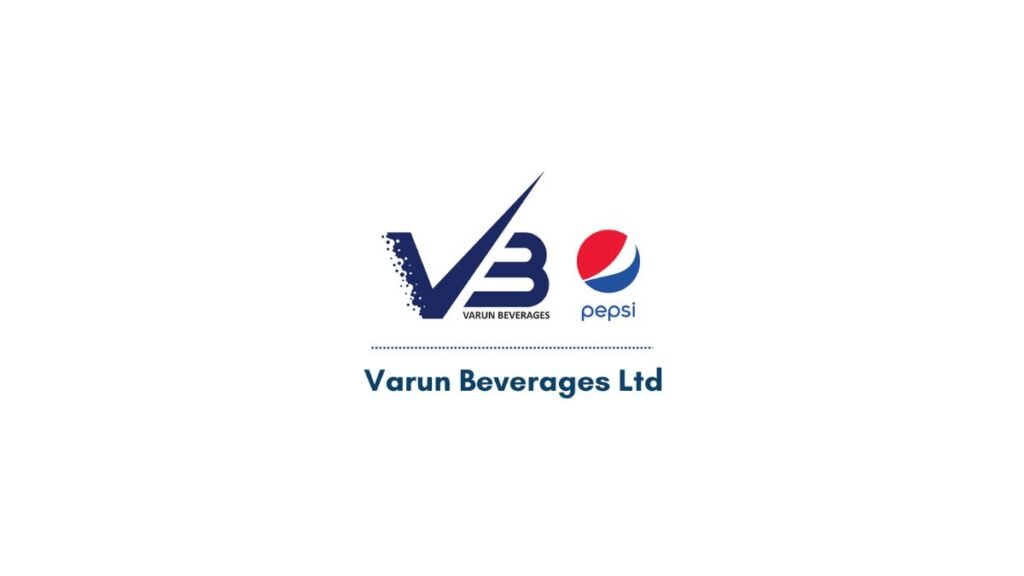
- Founded in: June 16, 1995
- Promoter & Founding Chairman: Ravi Kant Jaipuria
Varun Beverages Limited (VBL), a key player in the Indian FMCG sector, is the largest bottling partner for PepsiCo in India. Founded in 1995, VBL has grown to manage a significant portion of PepsiCo’s beverage business in the country, including manufacturing, bottling, and distributing a range of carbonated soft drinks and non-carbonated beverages. The company operates numerous state-of-the-art manufacturing plants across India, ensuring extensive reach and consistent product quality.
Key Products:
- Carbonated Soft Drinks (CSD): Pepsi, 7UP, Mirinda, Mountain Dew, Evervess
- Non-Carbonated Beverages (NCB): Tropicana, Gatorade, Lipton Iced Tea
- Packaged Drinking Water: Aquafina
- Energy Drinks: Sting
6. Godrej Consumer Products Limited
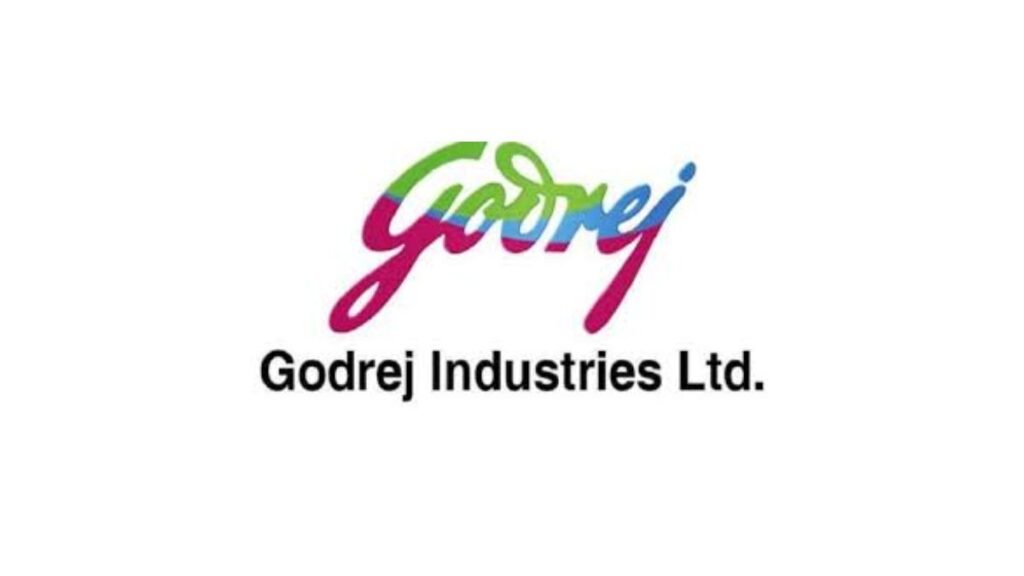
- Founded in: April 2001
- CMD: Sudhir Sitapati
Godrej Consumer Products Limited (GCPL), founded in 2001, is a prominent player in the home and personal care industry. Operating within the renowned Godrej Group, the company offers a wide array of products, including soaps, insecticides, and hair care items. Its well-known brands, such as Cinthol, Godrej Expert, and Goodknight, have become staples in households across India and various international markets.
Key Products:
- Hair Care: Godrej Expert
- Home Care: Good Knight, HIT
- Personal Care: Cinthol
7. Marico Limited
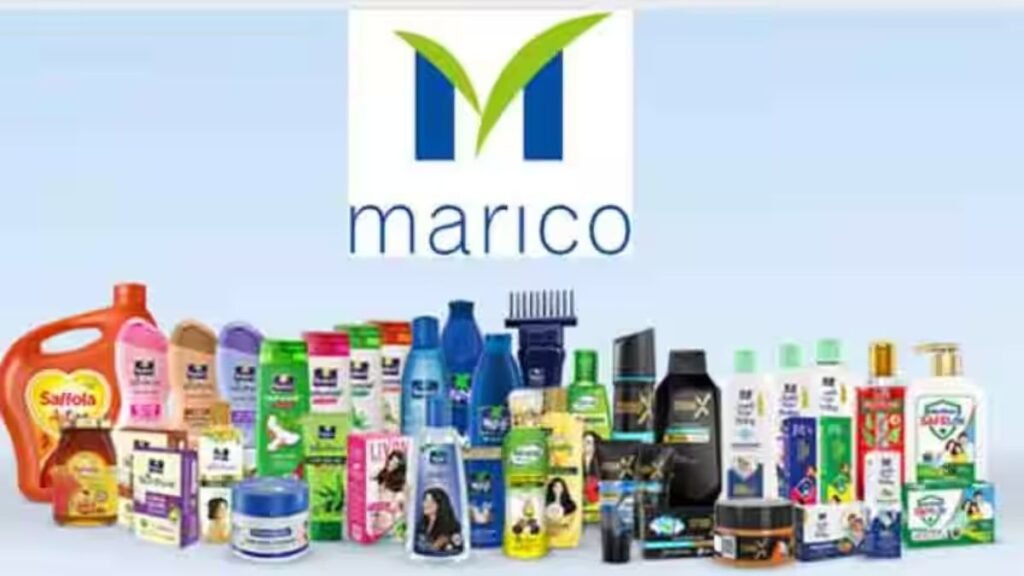
- Founded in: April 2, 1988
- CEO: Saugata Gupta
Marico Limited, established in 1988, is a leading consumer goods company in India, known for its wide range of products. With a presence in over 25 countries, the company specializes in categories such as hair care, skin care, edible oils, male grooming, and health foods. Among its popular brands are Parachute, Saffola, and Set Wet.
Key Products:
- Hair Care: Parachute, Nihar
- Edible Oils: Saffola
- Male Grooming: Set Wet
8. Colgate-Palmolive (India) Limited
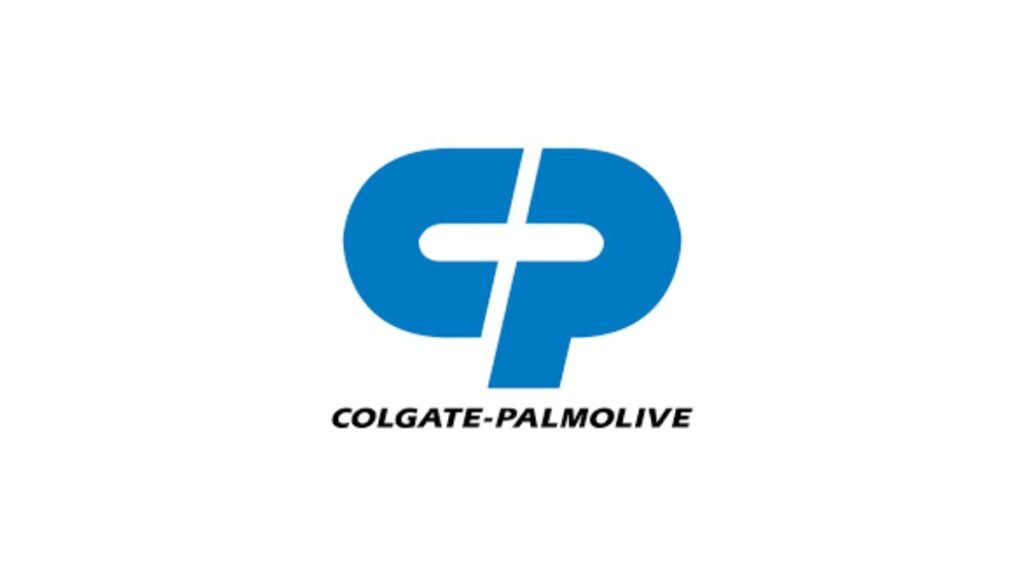
- Founded in: 1937
- CEO & MD: Prabha Narasimhan
Colgate-Palmolive (India) Limited, a subsidiary of the global Colgate-Palmolive Company, has been a significant player in the Indian oral care market since its establishment in 1937. With its headquarters in Mumbai, the company is best known for its flagship Colgate toothpaste brand. In addition to oral care, Colgate-Palmolive India also offers a range of personal care and household surface care products, solidifying its position as a key player in the fast-moving consumer goods (FMCG) sector.
Key Products:
- Oral Care: Colgate Toothpaste, Mouthwash
- Personal Care: Palmolive Soaps and Shampoos
9. Procter & Gamble Hygiene and Health Care Limited
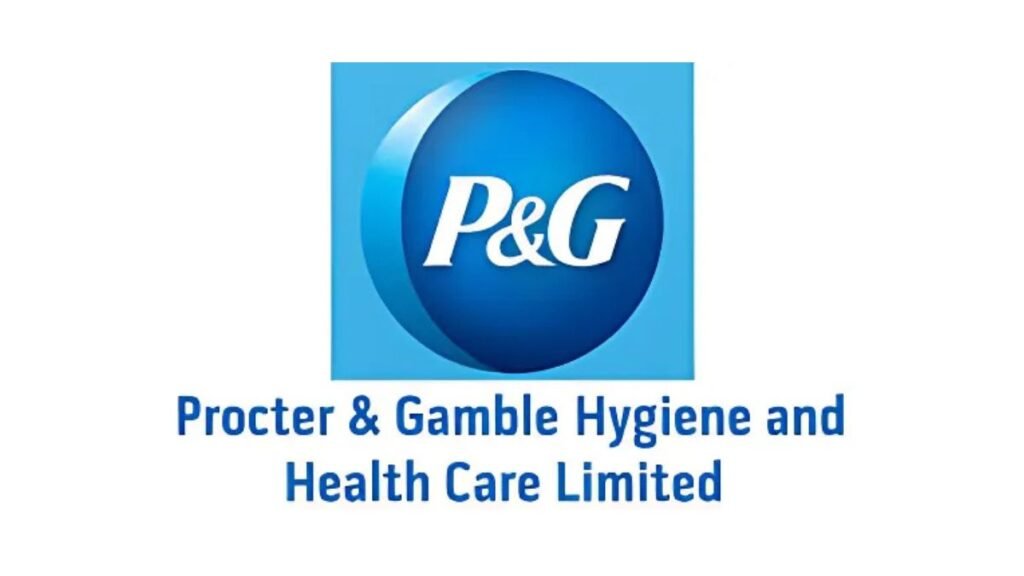
- Founded in: 1964
- CEO & MD: Kumar Venkatasubramanian
Procter & Gamble Hygiene and Health Care Limited (PGHHCL) is a subsidiary of the global consumer goods leader, Procter & Gamble Co. Founded in 1964, the company has become a significant player in the Indian market by offering a range of high-quality health and hygiene products. PGHHCL is recognized for its innovation and dedication to enhancing the lives of its consumers.
Key Products:
- Feminine Hygiene: Whisper
- Baby Care: Pampers
- Health Care: Vicks
10. TATA Consumer Products Limited
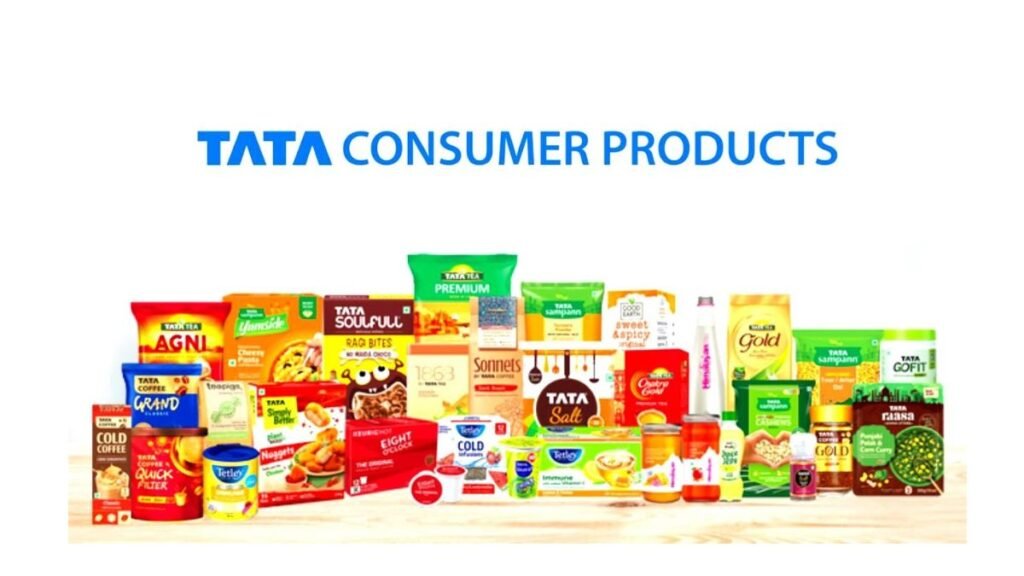
- Founded in: 1962
- CEO: Sunil A. D’Souza
Tata Consumer Products Limited, a key member of the Tata Group, is a significant force in the FMCG sector, recognized for its diverse portfolio of beverages, foods, and packaged goods. The company manages several well-established brands, such as Tata Tea, Tetley, Tata Salt, and Tata Sampann, which serve a variety of consumer needs around the world. Committed to continual growth and innovation, Tata Consumer Products aims to enhance lives and foster thriving communities.
Key Products:
- Beverages: Tata Tea, Tetley
- Foods: Tata Salt, Tata Sampann
Features of FMCG Stocks
- Steady Demand: People regularly buy FMCG (fast-moving consumer goods) no matter how the economy is doing. This provides a steady stream of income for companies in this industry.
- Strong Brand Value: Many top FMCG companies have well-known Indian brands that people trust, which helps build customer loyalty.
- Resilience in Economic Downturns: FMCG stocks usually remain stable during economic slowdowns because their products are essential for daily life.
- High Dividend Yields: Many FMCG brands in India, like Nestle and ITC, often pay good dividends to their shareholders.
Factors to Consider Before Investing in FMCG Companies in India
Investing in FMCG stocks in India can be promising, but evaluating market dynamics, company fundamentals, and consumer trends is essential for maximizing returns and minimizing risks.
- Distribution Network: A strong distribution network is essential for FMCG companies to reach consumers effectively. Companies with good logistics and broad distribution channels can cover more of the market, boosting sales and growth.
- Financial Performance: Always check a company’s financials before you invest. Look for important ratios such as profit margins, revenue growth, and return on equity (ROE) to assess the company’s stability and profitability. Focus on FMCG companies that have steady revenue and strong balance sheets.
- Brand Equity and Market Share: Companies that have strong brand recognition and a good share of the market usually perform better over time. Strong brand equity means customers are loyal, which helps the company stand out even in a competitive market.
- Government Regulations: Companies must follow strict rules about manufacturing, labelling, and advertising. These rules can affect how a company operates and makes money. Companies that adjust well to changes in regulations usually perform better.
- Price-to-Earnings (P/E) Ratio: A stock’s P/E ratio helps you see if it’s priced too high or too low. By comparing the P/E ratios of different FMCG companies, you can understand their market value and look for good investment opportunities.
Risks Associated with Investing in FMCG Stocks in India
Investing in leading FMCG companies in India offers growth potential and market resilience, but also presents challenges. Investors should be aware of risks related to consumer behavior, competition, and regulatory changes to make informed decisions.
- Fluctuating Demand: Changes in what consumers want, and seasonal trends can cause the demand for some FMCG products to go up and down, which impacts revenue.
- Short Shelf Life: Many FMCG products spoil quickly, so companies need to manage their supply chains well to minimize losses.
- Regulatory Compliance: Following strict rules for manufacturing and advertising can raise costs for businesses.
- Transparency Issues: Some companies do not share their financial information, making it harder for investors to understand their real performance.
Advantages of Investing in FMCG Stocks in India
Investing in FMCG (Fast-Moving Consumer Goods) shares in India has many benefits:
- Economic Resilience: FMCG stocks do well during tough economic times because people need essential products regularly.
- High Barriers to Entry: Established FMCG companies have a strong market presence, which makes it hard for new competitors to enter.
- Brand Loyalty: FMCG brands with loyal customers benefit from repeat purchases, leading to stable revenue.
- Regular Dividends: Many top FMCG stocks in India offer steady cash flow and regular dividend payments, making them appealing to investors looking for income.
Disadvantages of Investing in FMCG Stocks in India
- You may face some challenges when investing in the top 10 FMCG companies in India.
- Changes in what consumers want and changes in the seasons can make demand go up and down.
- FMCG products, which have short shelf lives and are often fragile, require careful management of the supply chain.
- It can be hard and expensive for companies to meet strict rules and keep high-quality standards.
- Some FMCG companies may not share their financial information.
Conclusion
When considering long-term investment opportunities, thorough research is key to selecting promising FMCG stocks. The Indian FMCG sector shows strong potential for growth, bolstered by a thriving economy, increasing disposable incomes, and shifting consumer preferences. With leading companies often taking charge of the market, investing in FMCG stocks in India can be a lucrative endeavor. Tools like the BlinkX trading app enable investors to effectively monitor and diversify their portfolios, enhancing their investment strategies.
Also Read: Income tax exemption for startups | DPIIT Recognition for Startups | Life Insurance Companies In India
Faqs
1. Which is the best FMCG Company in India?
According to the most recent data, Hindustan Unilever Limited (HUL) is considered India’s finest FMCG firm, leading the industry with a varied range of products in personal care, food, and home care.
2. What is the future of FMCG in India?
India’s FMCG business is on a rapid development trajectory, with forecasts showing that it will rise from $167 billion in 2023 to $220 billion by 2025, at a 14.9% compound annual growth rate (CAGR).
3. Are the FMCG sector stocks a good investment?
Yes, FMCG sector stocks are frequently seen as safe and dependable investments. FMCG companies typically fare well during economic downturns due to their consistent demand and durability. However, investors should perform extensive study before making any selections.
4. What are the big brands of FMCG?
Hindustan Unilever, ITC, Nestle India, Britannia, and Godrej Consumer Products are some of the leading FMCG brands in India.
5. What are FMCG brands?
FMCG brands, also known as consumer packaged goods (CPG) brands, are products that are regularly used and quickly replaced. These companies concentrate on vital commodities such as food, beverages, personal care, and domestic cleaning supplies.

